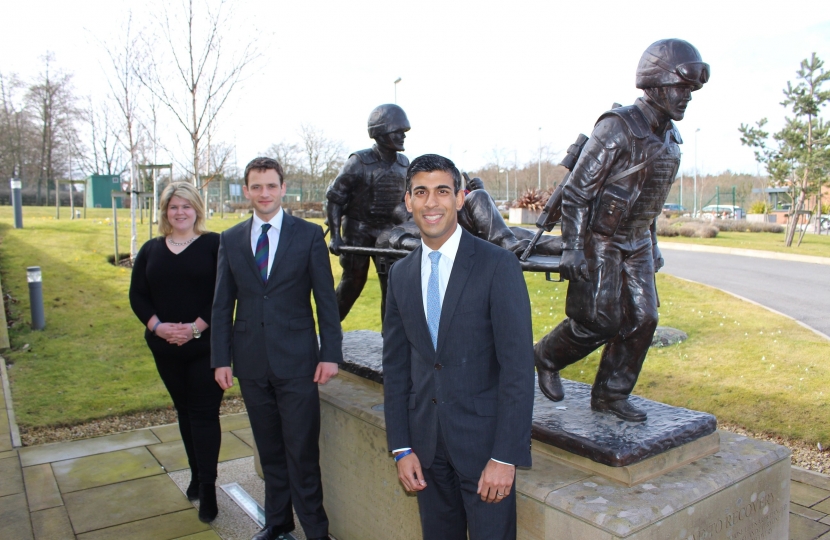
IT is a source of great pride for me that we have a Help for Heroes recovery centre at Catterick Garrison – one of four around the country.
My wife and I have visited the Phoenix House centre on a number of occasions to meet wounded soldiers and staff and we have done our best to assist with the ongoing fundraising efforts to maintain the charity’s amazing work in helping those who have sacrificed so much in the service of our country.
I called in to Phoenix House recently to hear an update on the charity’s mission.
What I found most interesting is the way the work of the centre is changing as the role played by the British Army has changed.
With no British soldiers involved in active combat at present, the flow of new soldiers requiring physical rehabilitation has slowed appreciably. The recovery centres are dealing with fewer soldiers suffering acute injuries but more with chronic conditions.
And their greatest challenge today is meeting the needs of those psychologically damaged by participation in past conflicts – in Afghanistan, Iraq and even as far back as the troubles in Northern Ireland.
The mental health problems faced by former servicemen and women as result of combat are wide ranging. Post-traumatic Stress Disorder is just one, now well-known condition, which can affect soldiers but there are a complex host of other ailments including anxiety, persistent low mood, and alcohol and substance abuse.
Help for Heroes calls these injuries hidden wounds because until fairly recently these symptoms in ex-service personnel were not directly linked to the experience of combat.
The charity’s Hidden Wounds service has been established since 2015. It offers support to veterans, their families and the families of those currently serving who are struggling with anxiety, depression, anger and those wishing to change their drinking habits. Free, confidential and expert support is available by phone, Skype or face-to-face at centres like Phoenix House.
The centre’s manager, David McNeill, an Army veteran himself, told me Help for Heroes was receiving more and more referrals for the Hidden Wounds service as mental illness among ex-servicemen and women was de-stigmatised.
Veterans who had suffered for years in silence were coming forward for help. Those who had served in Northern Ireland had some of the most complex needs and helping them often proved to be the most challenging..
The passage of time also creates problems for the physically disabled. David told me the story of one veteran of the Northern Ireland conflict who lost three limbs in an IRA mortar attack.
For thirty years he had been looked by his doting parents. Now age was catching up with them and their ability to look after their son. A new support system had to be put in place and I was delighted to hear that a £1.5m LIBOR grant (money generated by fines on the banking industry for misconduct) is assisting Help for Heroes do just that.
That grant was part of £23m given to forces charities last year from the LIBOR fund.
My visit to Phoenix House was a reminder that while British soldiers are not engaged in conflict today we have to maintain our commitment to their welfare for life.
We do so through assisting organisations like Help for Heroes and also through the Armed Forces Covenant - a promise from the nation that those who serve or have served, and their families, are treated fairly. I have supported the Covenant in Parliament and will continue to do so.
